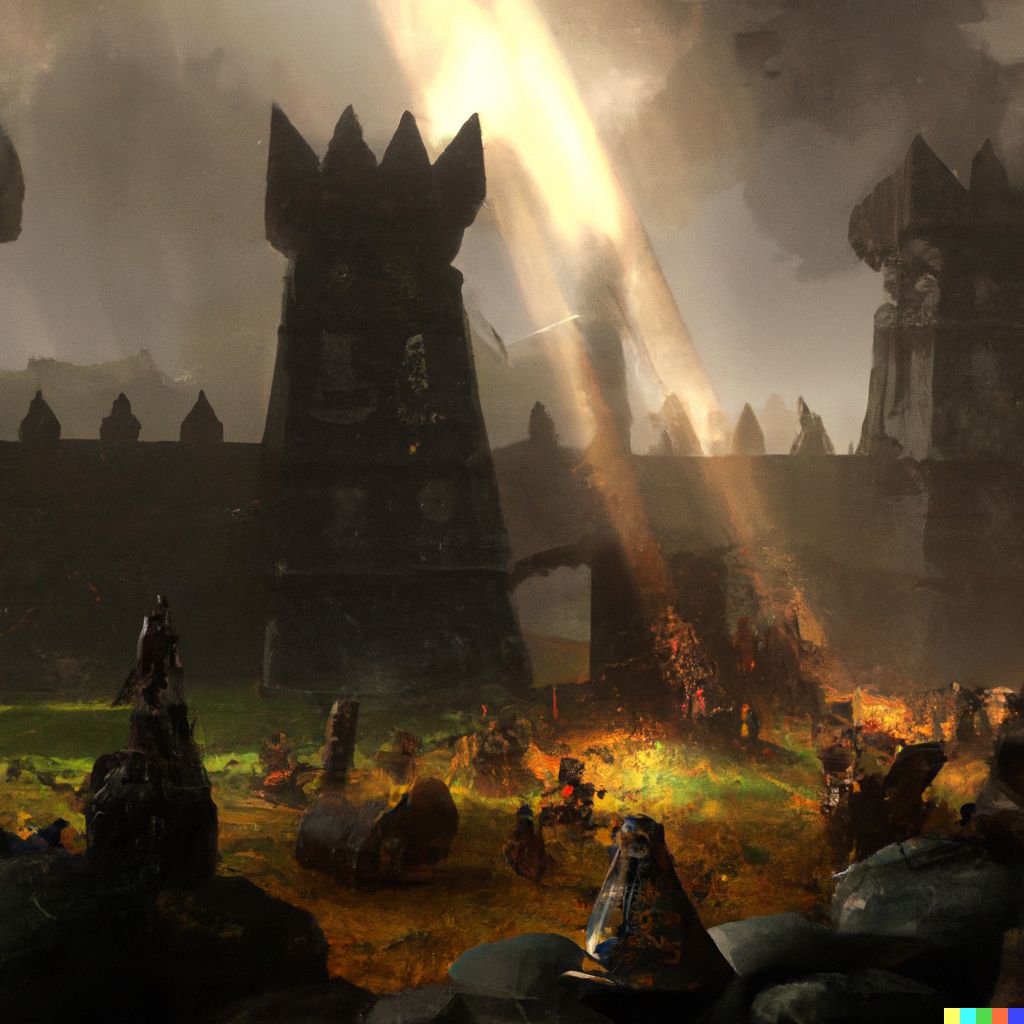Dear History Buffs,

In the latest episode of 'A History of the World, According to War,' we delved into the opening chapter of the Second Peloponnesian War - the Archidamian War. Our chronological leapfrogging may have caused a bit of confusion, so here's a comprehensive recap and some additional context about the intriguing war strategies of Ancient Greece.
The Archidamian War, named after King Archidamus II of Sparta, marked the first phase of the Second Peloponnesian War, stretching from 431 to 421 BC. Archidamus led an annual land invasion into Attica, Athens' surrounding region. This invasion style was typical of the limited warfare strategy of ancient Greece.
This unique warfare pattern can be largely attributed to the majority of Greek soldiers being 'hoplites' - citizen-soldiers who maintained their farming duties while serving in the army. This civilian commitment limited the length of campaigns to generally a few weeks a year, predominantly in the farming off-season. As a result, warfare in ancient Greece was characterized by seasonal invasions aimed at destroying crops and infrastructures to pressure the enemy into submission.

The Athenians, under Pericles, banked on their naval prowess to combat the Spartan's land dominance. They carried out seaborne raids along the Peloponnese coast, striking where the Spartan army couldn't protect. Thanks to the 'Long Walls' that linked Athens to its port, Piraeus, Athens could maintain a secure flow of supplies even under siege.

The annual Spartan invasions and Athenian naval raids continued for a decade, leading to the Peace of Nicias in 421 BC. But as history has shown us, this peace was merely a hiatus before the war resumed.
While we'll circle back to the First Peloponnesian War and the 30 Years' Peace in future episodes, we hope this deeper dive into the dynamics of the Archidamian War provides a richer understanding of the conflict's strategic landscape.
As always, we are eager to hear your insights and interpretations of these historical events. Your feedback fuels our commitment to presenting history in a relatable and enlightening way.

Remember: history isn't just about the past - it's about understanding the threads that tie us to it and navigating through complex timelines (with the occasional misstep!) alongside an AI named Victor.
Until our next historical deep-dive,
Brett & Victor
Creator’s Notes
Hi everyone, Brett here. An interesting snafu happened during the interview portion of this episode. The subtle differences in the names “The First Peloponnesian War” and “The Peloponnesian War” really threw a wrench in the conversation between Victor and I. Originally, I had set the stage for this episode focusing on The First Peloponnesian War.

We kicked off our interview, but early on I asked a question about the location of the conflict. Victor responded by stating that the first phase of the First Peloponnesian War was known as the Archidamian War, which sounds right, but is factually incorrect.

In my own ignorance, I assumed this was correct, and asked questions about the Archidamian War, not knowing that this is actually the first phase of the Peloponnesian War, which came after the The First Peloponnesian War, which is what we were supposed to be talking about. Even now I’m struggling to come up with sentences that clearly communicate the mix-up.
The long and short of it is that we proceeded to conduct the entire interview with me asking questions thinking that we’re talking about the First Peloponnesian War, and Victor answering in the context of the beginning of the Peloponnesian War. It wasn’t until nearly the end that I realized the mistake. I decided to leave it as-is. Maybe one day we’ll circle back to the First Peloponnesian War, but for now we’ll simply march forward through history!
Thanks for listening!
Brett

